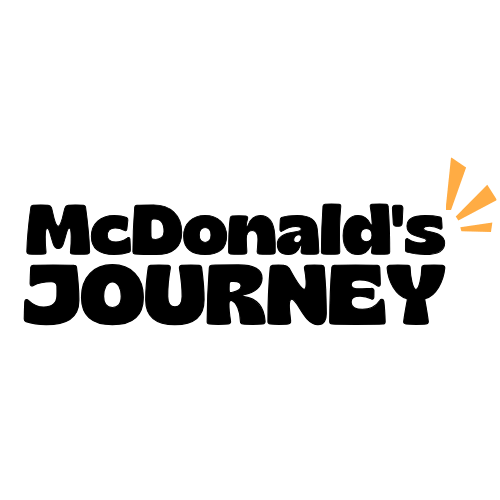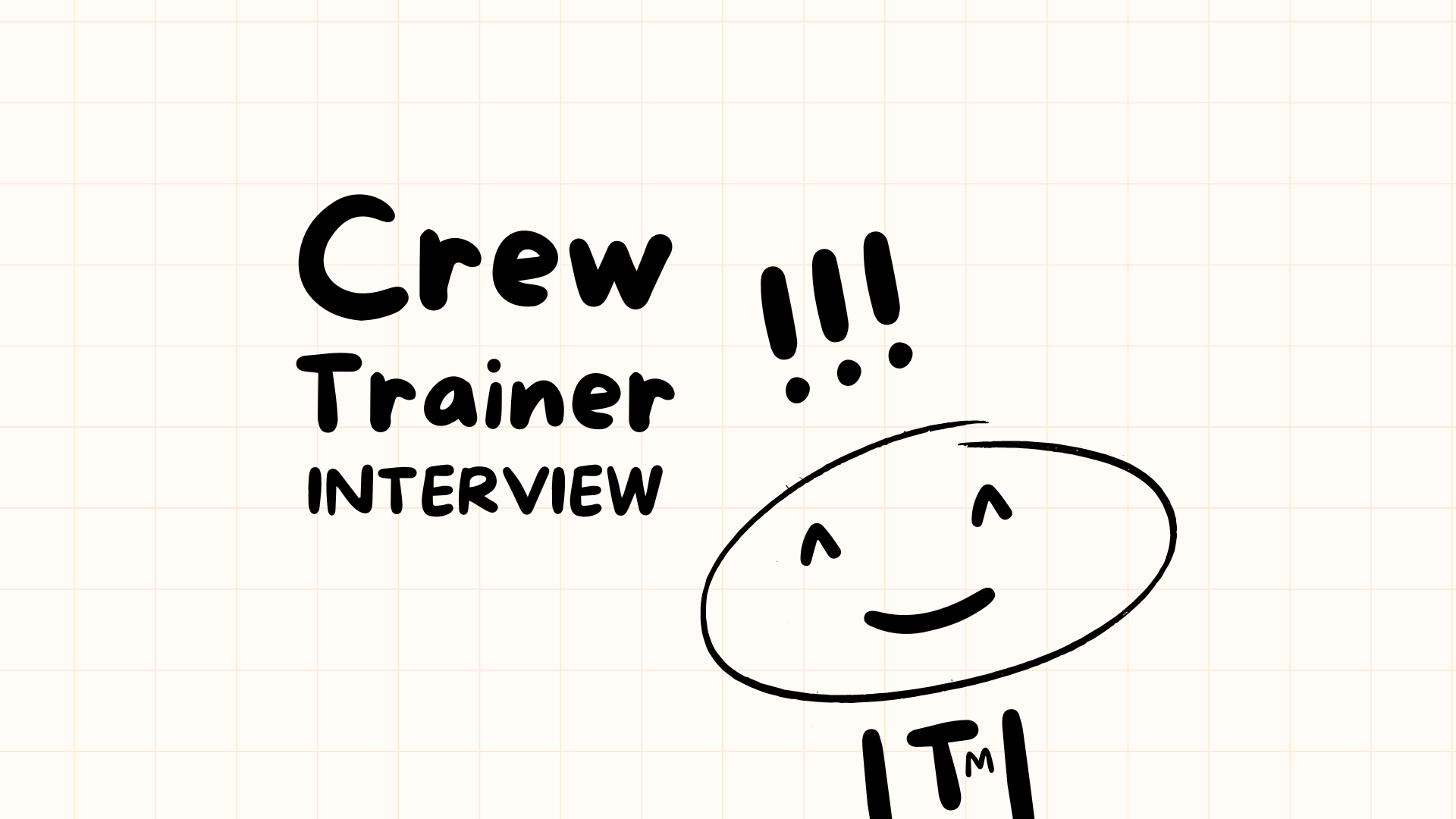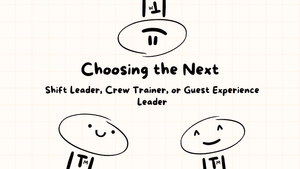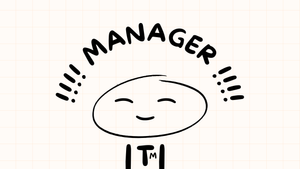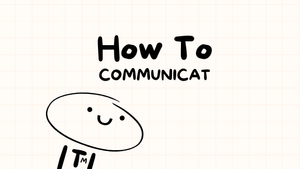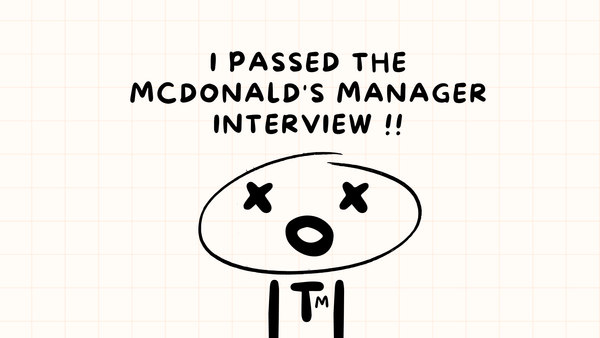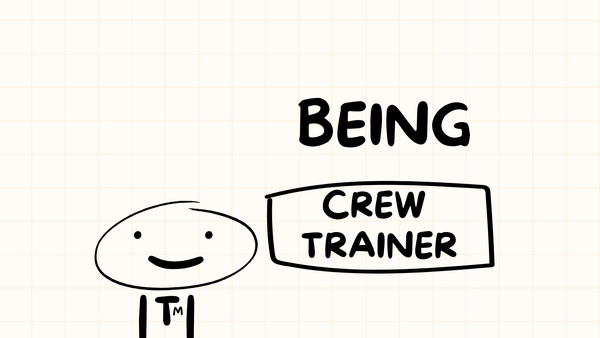Picture this: It's a bustling Friday evening at McDonald's, and a new crew member is struggling with the drive-thru headset. Who steps in to save the day? The Crew Trainer.
As a McDonald's Shift Manager for over five years, I've conducted countless Crew Trainer interviews and witnessed firsthand how this role can transform both the restaurant's operations and an employee's career trajectory.
In this comprehensive guide, I'll walk you through everything you need to know about acing your Crew Trainer interview.
Understanding the Role: More Than Just Training
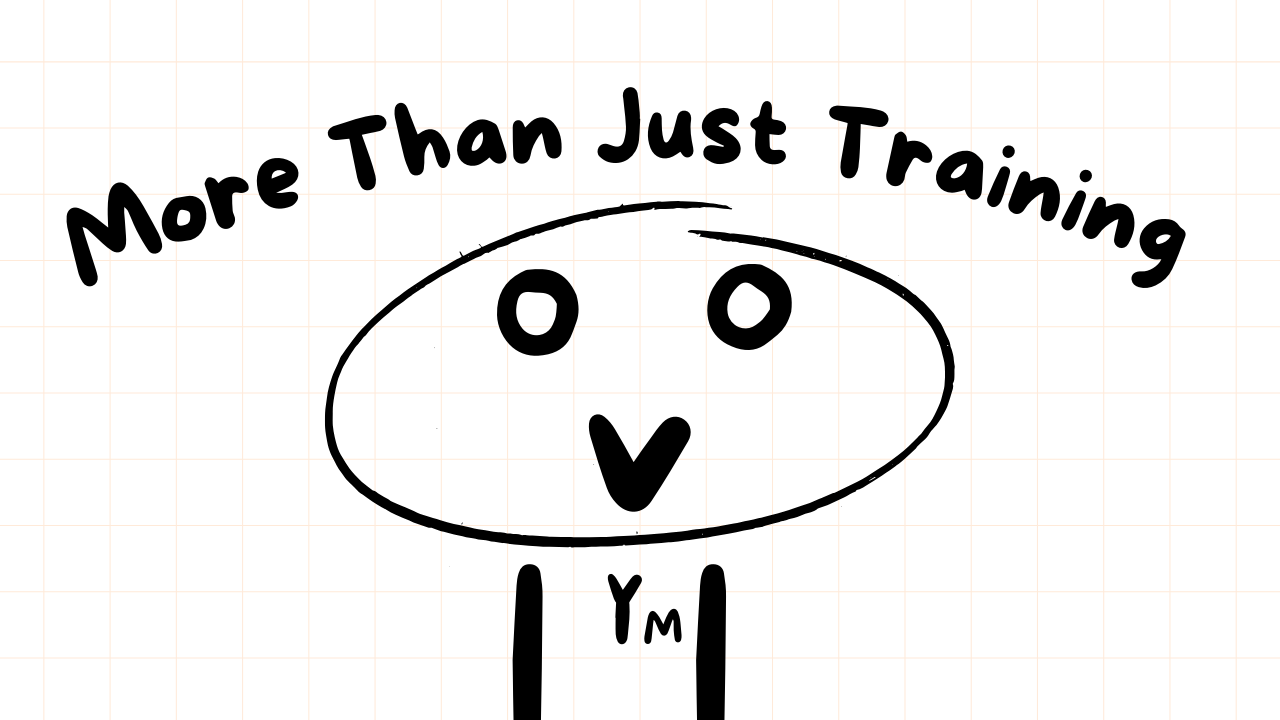
The Crew Trainer position is the first step into management at McDonald's, but it's much more than just teaching new hires how to flip burgers.
"When I'm interviewing potential Crew Trainers, I'm looking for someone who can be the bridge between crew members and management," I often explain, because they’re the ones who help maintain our high standards while nurturing new talent.
Key Responsibilities of a Crew Trainer
| Daily Tasks | Leadership Responsibilities |
|---|---|
| Training new employees | Maintaining quality standards |
| Demonstrating procedures | Providing constructive feedback |
| Recording training progress | Supporting shift managers |
| Ensuring safety compliance | Mentoring crew members |
| Quality checking | Leading by example |
What to Expect in Your Interview
The interview typically lasts 30-45 minutes and usually involves a one-on-one conversation with an HR representative, restaurant manager, or supervisor. As someone who's sat on both sides of the table, I can tell you that we're looking for authentic responses rather than rehearsed answers.
Common Interview Questions and Best Responses
| Question Type | Example Question | What We're Looking For |
|---|---|---|
| Behavioral | "Tell me about a time you helped a struggling coworker" | Problem-solving skills and empathy |
| Situational | "How would you handle a trainee who's not following procedures?" | Leadership approach and patience |
| Technical | "Walk me through the steps of [specific procedure]" | Knowledge and communication skills |
| Customer Service | "How would you train someone to handle an angry customer?" | Conflict resolution abilities |
Key Qualities That Make You Stand Out
From my experience, the most successful Crew Trainers possess a unique blend of technical expertise and people skills. "I remember one candidate," I often share, "who didn't just tell me about their training abilities – they showed me by explaining how they'd already been informally helping new crew members during busy shifts. That initiative is exactly what we look for."
Essential Traits We Look For:
- Patience and Teaching Ability: You'll be working with people of varying learning speeds
- Strong Communication: Clear instructions are crucial in a fast-paced environment
- Leadership Potential: The ability to guide without authority
- Attention to Detail: Quality standards must be maintained
- Adaptability: Every day brings new challenges
How to Prepare Like a Pro
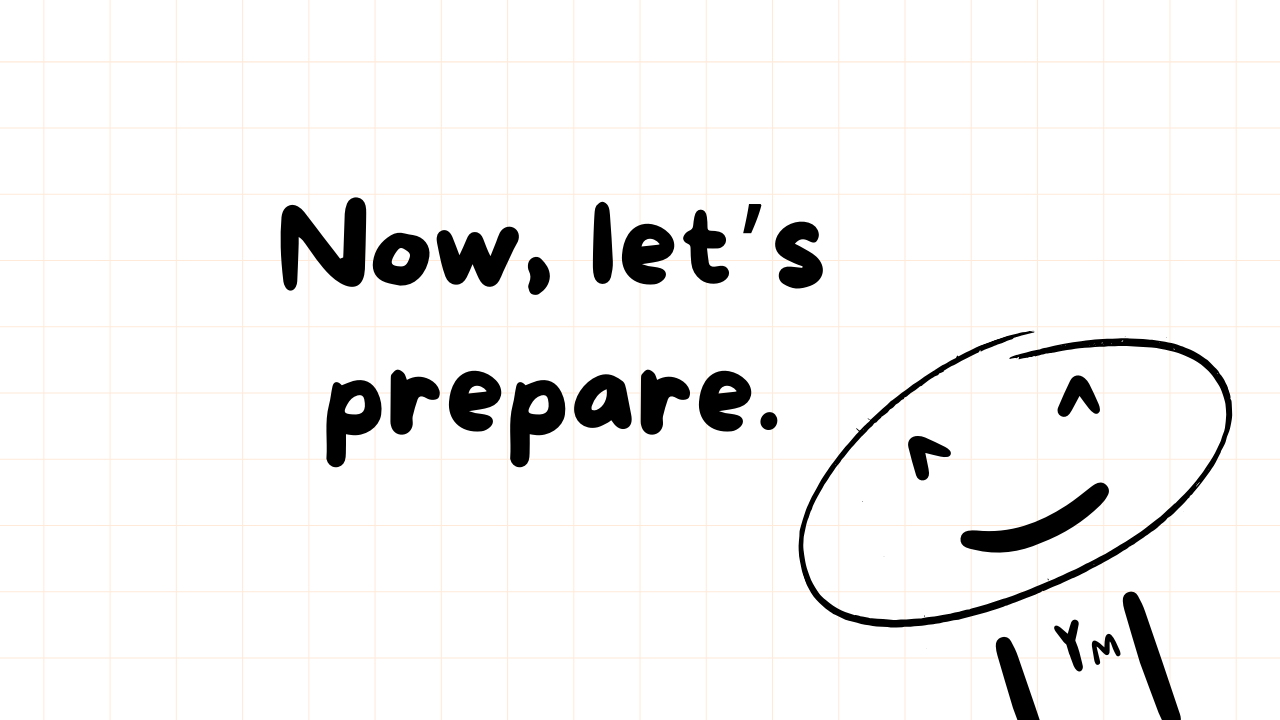
Preparation is key to interview success. Here are the steps I recommend to all potential Crew Trainers:
- Review McDonald's Procedures: Know your current role inside and out
- Practice the STAR Method: Structure your examples with Situation, Task, Action, and Result
- Prepare Questions: Show your interest in the role and its growth opportunities
- Dress Professionally: Business casual is appropriate
- Arrive Early: Being punctual shows responsibility
Common Challenges and How to Handle Them
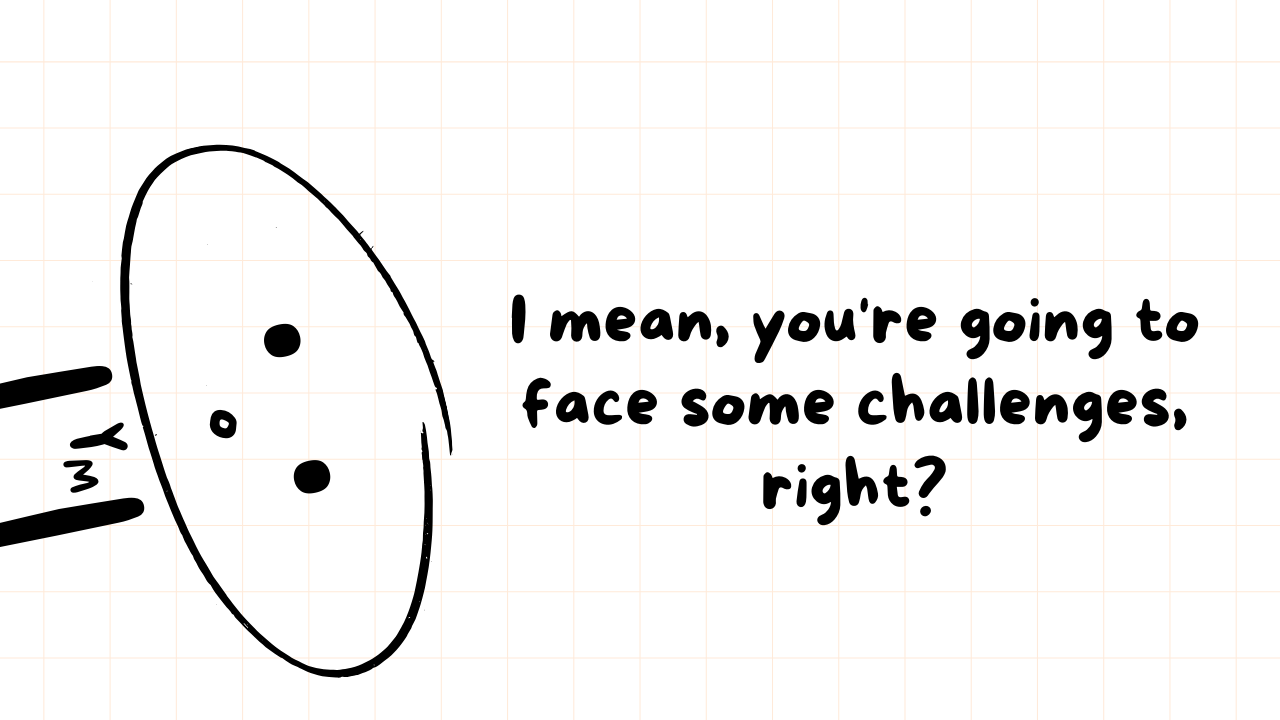
Even experienced crew members can face challenges during the interview. Here's how to overcome them:
1- Handling Nerves
Remember, we want you to succeed. Take deep breaths and remember that you're already familiar with McDonald's operations – this is just a conversation about taking your skills to the next level.
2- Demonstrating Leadership
Even if you haven't held a formal leadership role, focus on times when you've helped others or taken initiative during busy shifts.
For example, one of our best Crew Trainers became known for always offering guidance and support to new team members whenever they needed help.
3- Managing Time Pressure During the Interview
Some candidates feel rushed to answer questions or worry about taking too long. Remember that it's better to take a moment to gather your thoughts than to rush into an answer.
If you need clarification or a moment to think, it's perfectly acceptable to say, "Let me take a moment to consider that" – it shows thoughtfulness and confidence.
4- Handling Technical Questions
One of the most intimidating parts of the interview can be when you're asked to explain specific procedures or processes. "I've seen strong candidates freeze when asked to break down our cooking procedures," I often tell candidates.
Don't worry about reciting everything perfectly – focus on demonstrating your understanding of the key safety and quality points. If you're unsure about a specific detail, it's better to acknowledge it and explain how you would find the correct information rather than guessing.
5- Discussing Past Mistakes or Challenges
When asked about previous errors or difficult situations, some candidates try to avoid the topic or claim they've never made mistakes. This is a red flag for interviewers. Instead, use the "CAR" method: Context of the mistake, Action taken to correct it, and Results or learnings from the experience.
For example, "I once struggled with training someone on drive-thru because I was explaining too much at once. I learned to break down the training into smaller segments, which led to better results."
6- Managing Role Transition Questions
Interviewers often ask how you'll handle the transition from peer to trainer with your current coworkers. "This is where many candidates stumble," I note. "The best responses acknowledge the challenge while outlining specific strategies for maintaining professional relationships."
Discuss how you plan to balance friendliness with authority, perhaps sharing examples of times you've already demonstrated leadership among peers.
The Follow-Up: What Happens Next
After your interview, send a brief thank-you email to your interviewer. If you don't get the position immediately, ask for feedback on areas where you can improve. Many of our current Crew Trainers didn't get the role on their first try, but their persistence and willingness to grow made them excellent candidates later.
Conclusion: Your Journey to Leadership Starts Here
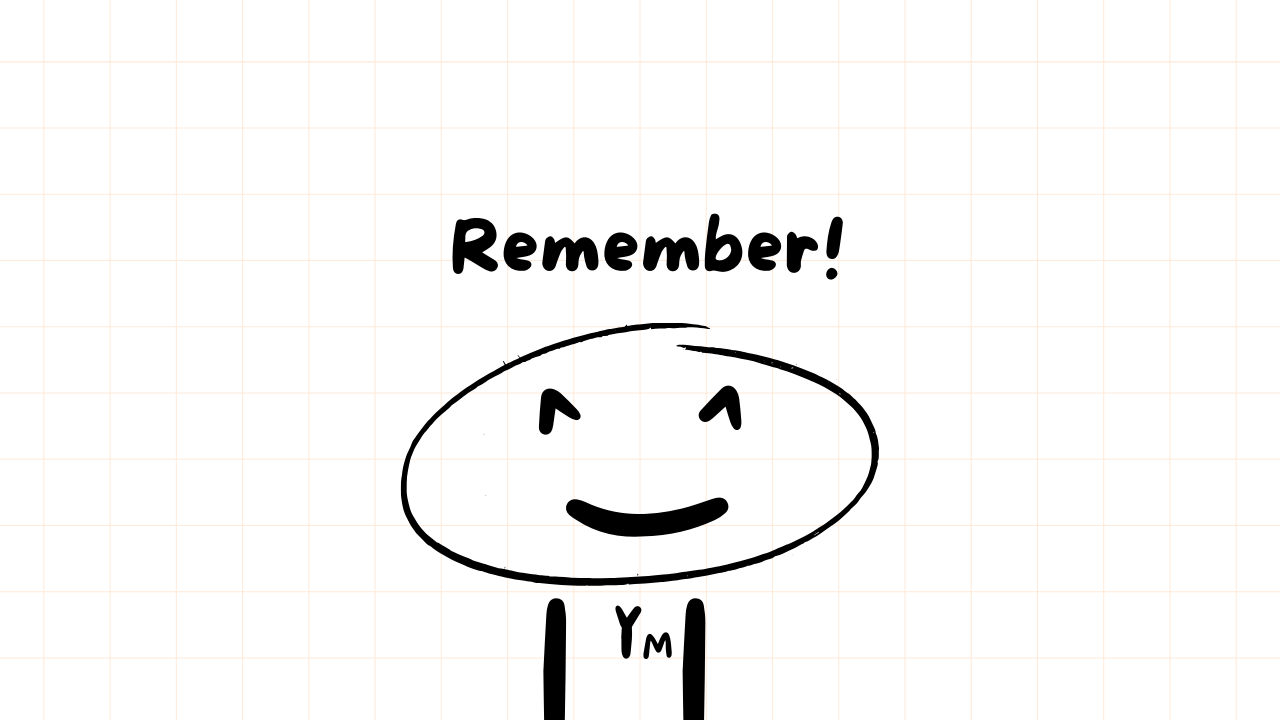
The Crew Trainer position is more than just a promotion – it's your first step into the world of leadership at McDonald's. As someone who started as a crew member and worked their way up, I can tell you that this role can open doors you never imagined. Remember, we're not just looking for someone who can train others – we're looking for future leaders who can help shape the success of our restaurant.
Every great leader in McDonald's started somewhere, and for many, that somewhere was exactly where you are right now

